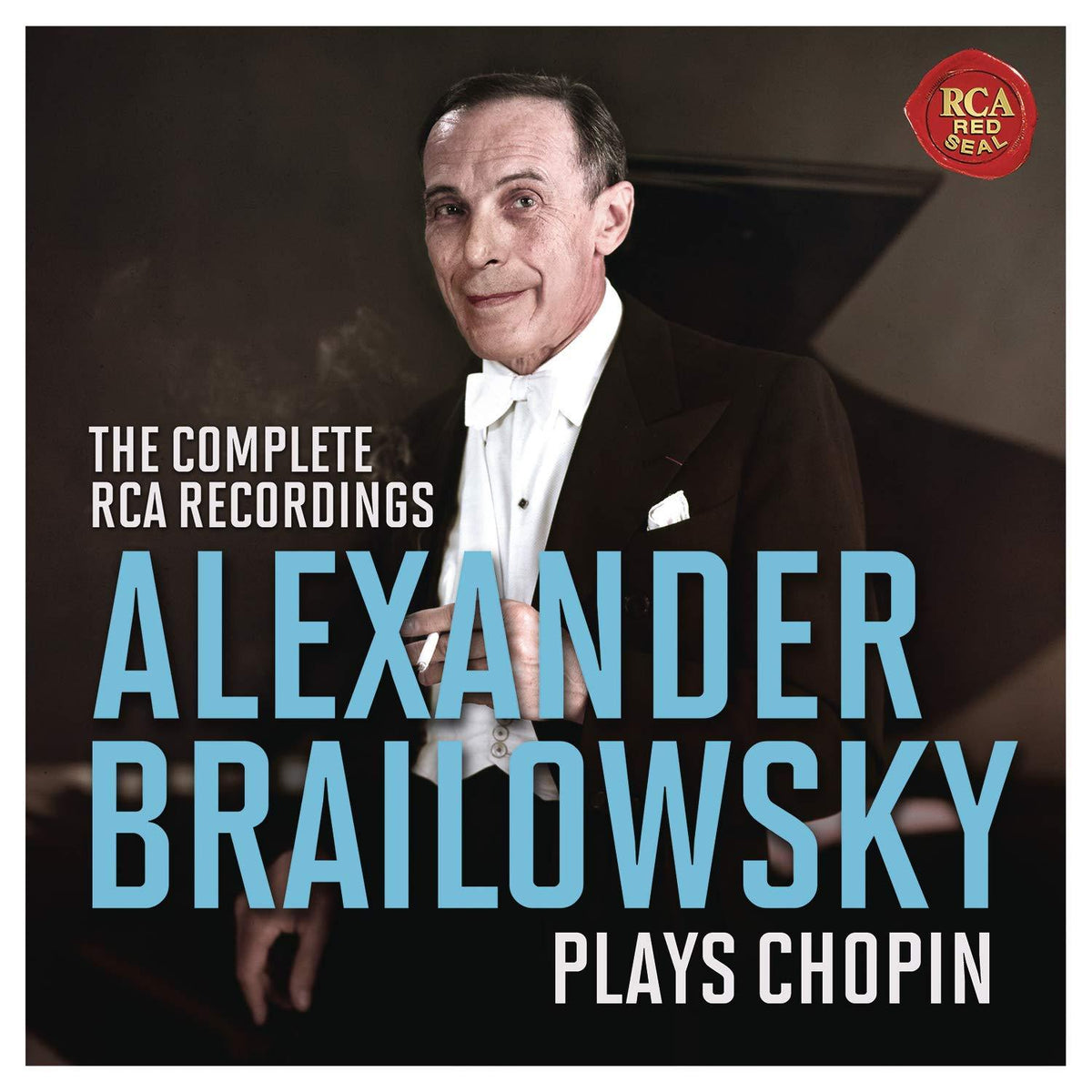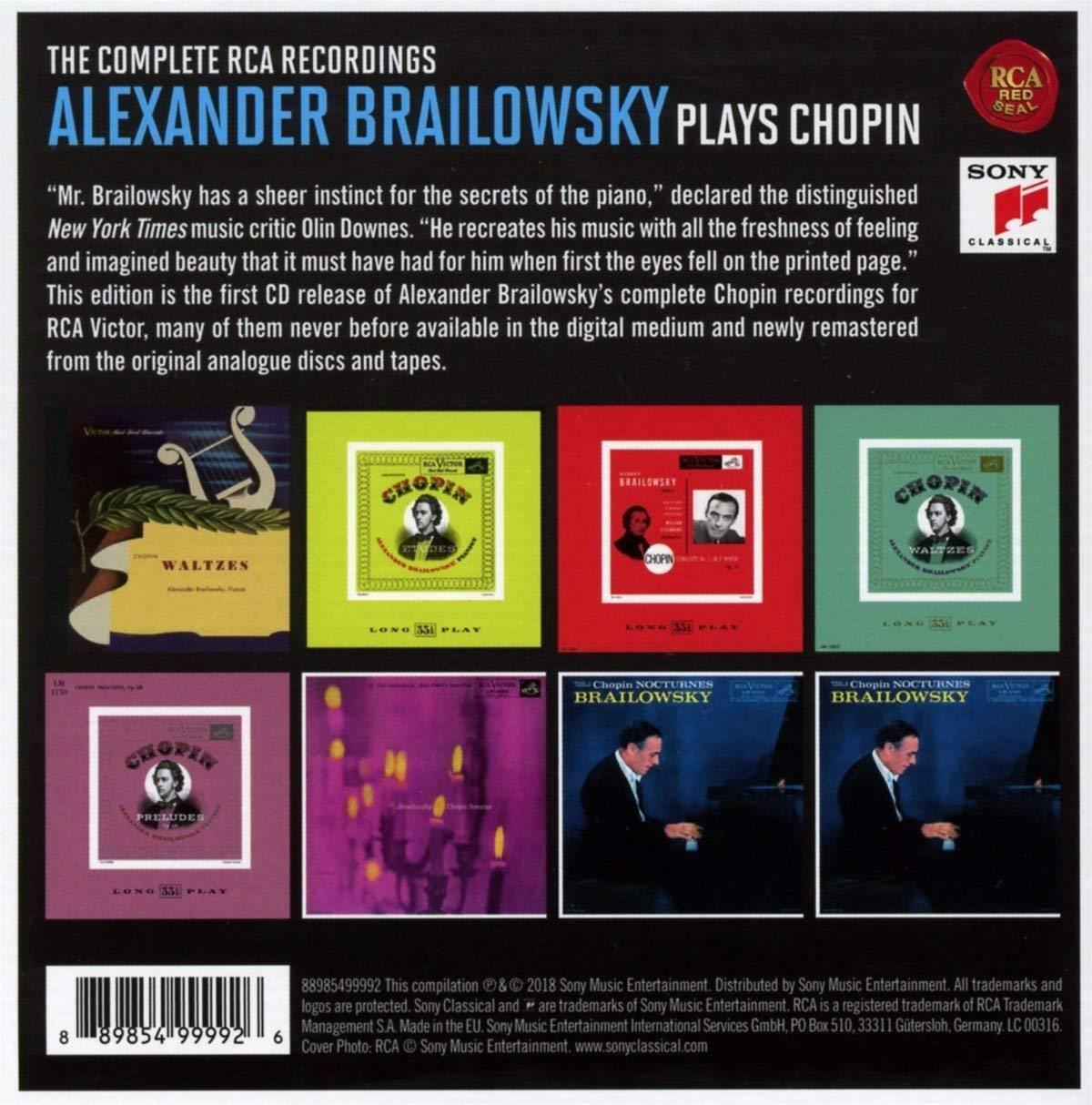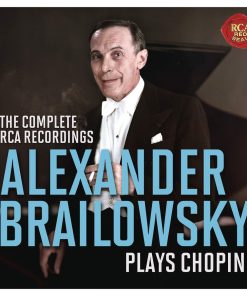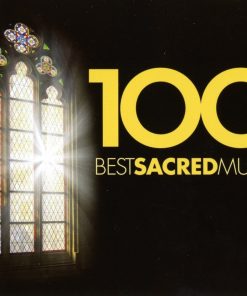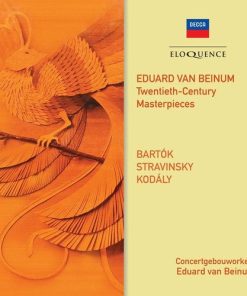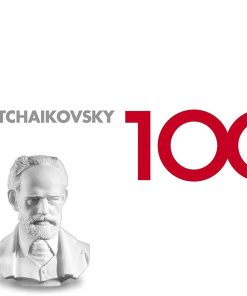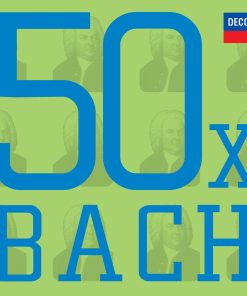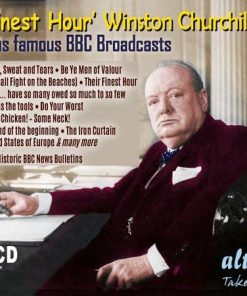Alexander Brailowsky Plays Chopin – The Complete RCA Album Collection (8 CDS) SONY CLASSICS
$ 38,99 $ 23,39


Sony Classical is pleased to announce the first release of Alexander Brailowsky’s complete RCA Victor recordings, many of them never before available in the digital medium. Born in 1896 in Kiev, Brailowsky studied at the conservatory in his native city, which was then part of the Russian empire. In 1911, he went to Vienna to become a pupil of the legendary Theodor Leschetizky, who taught many of the 20th century’s outstanding pianists, including Artur Schnabel. During World War I Brailowsky also studied with Busoni in Switzerland and in 1919 he made his debut in Paris. Five years later came his first appearance in New York where he settled, then making regular coast-to-coast tours of North America while continuing to visit Europe. There was one composer with whom Alexander Brailowsky was associated throughout his career – and has remained associated through recordings since his death in 1976: Frederic Chopin. Brailowsky was the first pianist to present Chopin’s entire 169 solo works as a cycle, performing this feat before capacity audiences in New York, Brussels, Zurich, Mexico City, Buenos Aires, Montevideo and Paris. At the end of his 1938 Chopin series in New York, one reviewer noted that “there are few enough pianists who have the prodigious memory, the physical strength, the comprehensive technique required for such an undertaking; there are far fewer who have – plus all these – the requisite musicianship. Mr. Brailowsky is one of these latter few.” Not surprisingly, Sony Classical’s new comprehensive reissue of Brailowsky’s RCA albums largely comprises music by Chopin. Both piano concertos are included – No. 1 with William Steinberg conducting the RCA Victor Symphony Orchestra in 1949 and No. 2 with Charles Munch and the Boston Symphony Orchestra from 1954. High Fidelity later wrote of these two performances: “Brailowsky’s energetically contoured, sharply etched clarity represents an emerging modernity of outlook that points to present-day Chopin players.” The set also features Brailowsky’s two traversals of the Waltzes, as well as his complete recordings of the etudes, Preludes and Nocturnes, plus Sonatas Nos. 2 and 3 and the ecossaises and Berceuse. Of Brailowsky’s Nocturnes recording, Gramophone’s reviewer wrote: “He could sing beautifully at the keyboard. His nocturnes as a whole have a touching humanity and simplicity … The mono RCA sound is quite velvety.”


Chopin: Waltzes Nos. 1-14
Chopin: Impromptu No. 1 in A flat major, Op. 29
Chopin: Nocturne No. 5 in F sharp major, Op. 15 No. 2
Chopin: Impromptu No. 4 in C sharp minor, Op. 66 ‘Fantaisie-Impromptu’
Chopin: Nocturne No. 2 in E flat major, Op. 9 No. 2
Chopin: Nocturne No. 8 in D flat major, Op. 27 No. 2
Chopin: Études (12), Op. 10
Chopin: Études (12), Op. 25
Chopin: Piano Concerto No. 1 in E minor, Op. 11
RCA Victor Symphony Orchestra
William Steinberg
Alexander Brailowsky (piano)
Chopin: Piano Concerto No. 2 in F minor, Op. 21
Boston Symphony Orchestra
Charles Munch
Alexander Brailowsky (piano)
Chopin: Waltzes Nos. 1-14
Chopin: Preludes (24), Op. 28
Chopin: Piano Sonata No. 3 in B minor, Op. 58
Chopin: Berceuse in D flat major, Op. 57
Chopin: Écossaise, Op. 72 No. 1
Chopin: Écossaise, Op. 72 No. 2
Chopin: Écossaises (3), Op. 72 No. 3
Chopin: Piano Sonata No. 2 in B flat minor, Op. 35 ‘Marche funèbre’
Chopin: Piano Sonata No. 3 in B minor, Op. 58
Chopin: Nocturnes Nos. 1-19
Chopin: Écossaise, Op. 72 No. 1
Chopin: Écossaise, Op. 72 No. 2
Chopin: Écossaises (3), Op. 72 No. 3
Chopin: Berceuse in D flat major, Op. 57
Fast Shipping and Professional Packing
Due to our longstanding partnership with UPS FedEx DHL and other leading international carriers, we are able to provide a range of shipping options. Our warehouse staff are highly trained to pack your goods exactly according to the specifications that we supply. Your goods will undergo a thorough examination and will be safely packaged prior to being sent out. Everyday we deliver hundreds of packages to our customers from all over the world. This is an indication of our dedication to being the largest online retailer worldwide. Warehouses and distribution centers can be located in Europe as well as the USA.
Orders with more than 1 item are assigned processing periods for each item.
Before shipment, all ordered products will be thoroughly inspected. Today, most orders will be shipped within 48 hours. The estimated delivery time is between 3-7 days.
Returns
The stock is constantly changing. It's not entirely managed by us since we are involved with multiple parties such as the factory and our storage. The actual stock can fluctuate at any time. Please understand it may happen that your order will be out of stock when the order is placed.
Our policy is valid for 30 days. If you haven't received your product within 30 days, we're not able to issue either a return or exchange.
You are able to return a product if it is unused and in the same condition when you received it. It must also still remain in the original packaging.
